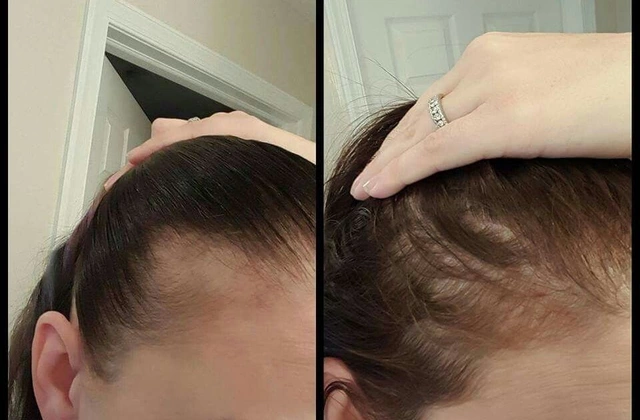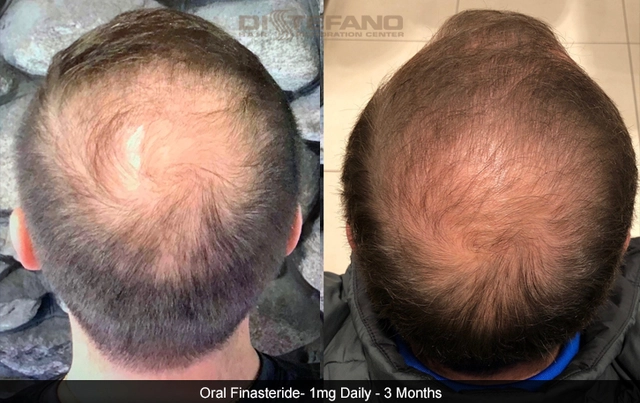Liver toxicity: how to spot it, what causes it, and what to do
Sudden tiredness, yellow skin or eyes, dark urine, belly pain — those can mean your liver is stressed or injured. Liver toxicity (drug-induced liver injury) happens when medicines, supplements, or alcohol damage liver cells. You don’t need medical training to notice when something’s off. Learn simple signs, common culprits, and quick steps you can take to protect yourself.
Common causes you should know
Acetaminophen (paracetamol) is the number-one cause of accidental liver damage when people take too much. Some prescription drugs are risky too: valproic acid (Depakote), terbinafine, and methotrexate can all affect the liver. Even herbal products and concentrated green tea extracts have triggered serious problems in some people. Mixing alcohol with any of these raises the danger.
Not all drugs hurt everyone. Your risk rises if you already have liver disease, drink heavily, take several meds at once, or use higher than recommended doses. Age, genetics, and certain virus infections also change how your liver handles drugs.
Signs to watch for and quick actions
Watch for these early warning signs: unexplained nausea, loss of appetite, dark urine, pale stools, yellowing of skin or eyes, itchy skin, and upper right belly pain. If you get any of these after starting a new medicine or supplement, stop the product and call your doctor right away. If you develop severe belly pain, vomiting, confusion, or bleeding, go to the emergency room.
When you see a provider, they’ll likely order liver blood tests (ALT, AST, alkaline phosphatase, bilirubin) and may check clotting time (INR). Bring a complete list of everything you take — prescription drugs, over-the-counter medicines, and supplements — so the clinician can spot likely culprits and drug interactions.
In many cases stopping the offending drug helps the liver recover. Some reactions need hospital care, IV fluids, or specific antidotes (acetylcysteine for acetaminophen overdose). Your doctor may refer you to a liver specialist if tests are very abnormal or symptoms are severe.
Preventive steps anyone can take: always follow dosing instructions, avoid mixing alcohol with potentially hepatotoxic drugs, tell every provider about your full medication list, and ask for baseline liver tests if you’ll be on a known-risk drug (for example, valproic acid, methotrexate, or terbinafine). If you’re on long-term therapy, periodic monitoring makes sense.
Got a concern about a specific drug? Our site has guides on common offenders like Depakote and terbinafine. If a medication worries you, don’t stop it on your own — talk to your prescriber about safer options, dose changes, or monitoring plans.
Small habits go a long way: avoid unnecessary supplements, use acetaminophen carefully, limit alcohol, and keep follow-up labs when recommended. That combination cuts your risk and helps you spot trouble early, before serious damage happens.
In my recent deep-dive into medical research, I stumbled upon the intriguing relationship between Amiodarone, a popular heart medication, and liver toxicity. It appears that prolonged use of Amiodarone can lead to liver damage, given its tendency to accumulate in the organ. Some patients may even develop serious conditions like cirrhosis or acute liver injury. Therefore, regular liver function monitoring is crucial for those on this medication. It's a stark reminder of how vital it is to balance the benefits and risks of any medication we take.
View Details

